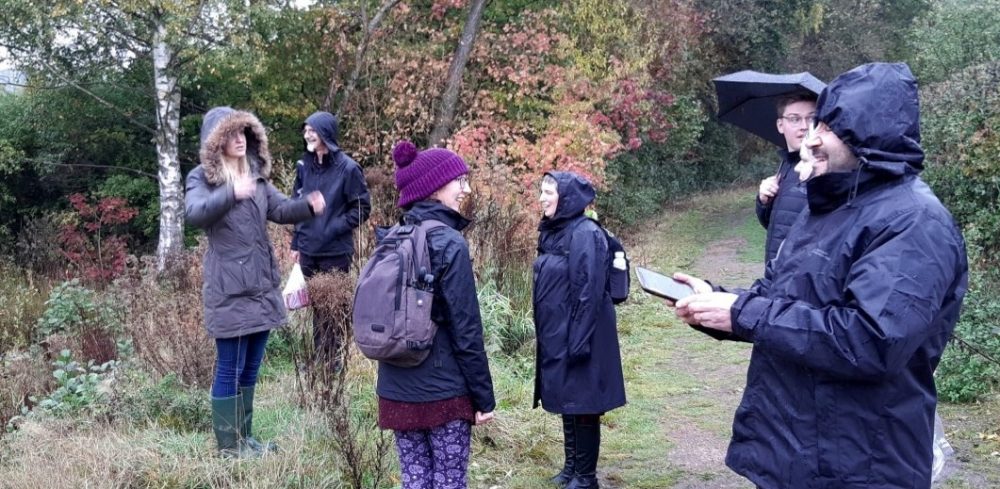PhD student Sophia Fedorowicz writes about the benefits of blogging in academia.

Blogging is officially cool again. Yes, blogging temporarily gave ground to Facebook and YouTube but in academic circles it is experiencing an enthusiastic revival for the purpose of peer and public engagement. And it’s about time.
There has been a shift in recent years towards students, policy makers and the general public having a greater say in the activities of public institutions. Public engagement is a way for universities to positively respond to these changes and recognise the part that co-production, open dialogue and partnerships between organisations play in the process of knowledge production (NCCPE, 2015). The internet has led to a revolution is the way that people communicate and the way that academics disseminate research. It is now possible to bring research into the public forum in a way that is not hindered by paywalls or restricted to a small circle of academic peers. Through blogging it is possible to engage with the public in an easy and effective way (Dermentzi & Papagiannidis, 2018).
Blogging is not just about dissemination of findings; it is opinions, discussions and two-way communication between the public and academia. This approach offers benefits beyond peer review and google metrics (although it can benefit those things by boosting your visibility and online image). It enables academics to build relationships with the public and organisations outside of the university which ultimately has an impact on how the significance of research is perceived (Dermentzi & Papagiannidis, 2018). Blogging can provide an avenue for PhD students to develop an academic identity, to connect with others in their field and develop peer relationships (Ewins, 2005). Academics may choose not to engage in blogging because they believe that their contribution may not be valued, or they simply do not have the time to invest in blogging (Davies, Jolley, & Coiffait, 2016). This is where group blogs, such as this one, can come in handy. Often it is easier for a group of academics to come together and each contribute one or two blogs over the course of the year rather than individually writing for and maintaining their own individual blog.
Blogging does not need to be time consuming or difficult. It does not need to detail every step and nuance of your work to be important. It just needs to be accessible and available to contribute towards the development of your professional profile and build meaningful relationships with people outside the walls of academic institutions.
Whether you are a seasoned blogger or feel like it is something you would like to try for the first time, we invite you to contribute to our Public Engagement and Research Impact at Staffordshire University blog. If you are interested in writing for us please contact f010904@student.staffs.ac.uk with the subject heading Impact Blog.
Links to other resources
What is academic blogging and how can you use it to develop your professional profile?
The benefits of academic blogging – should you enter the blogosphere?
National Co-ordinating Centre for Public Engagement
References
Davies, E. L., Jolley, D., & Coiffait, F. (2016). Reflection and connection: UK psychologists’ views and experiences of blogging. E-Learning and Digital Media, 13(5-6), 196-211.
Dermentzi, E., & Papagiannidis, S. (2018). Academics’ intention to adopt online technologies for public engagement. Internet Research, 28(1), 191-212.
Ewins, R. (2005). Who are you? weblogs and academic identity. E-Learning and Digital Media, 2(4), 368-377.
NCCPE (2015), “What is public engagement?”, National Co-Ordinating Centre for Public Engagement, available at: www.publicengagement.ac.uk/explore-it/what-public-engagement (accessed 06 September 2019).
Bio:
Sophia Fedorowicz is a PhD student exploring experiences of suicide risk assessments, bringing experts by experience into the research process and working to develop guidelines to improve the assessments. Areas of interest include public and patient involvement and engagement and how individuals experience and communicate experiences of mental distress. She loves collaboration and coffee so get in touch if you want to connect.
Twitter: @Soph_Fedorowicz / @_LESRA_
Website: www.sophiafedorowicz.com

